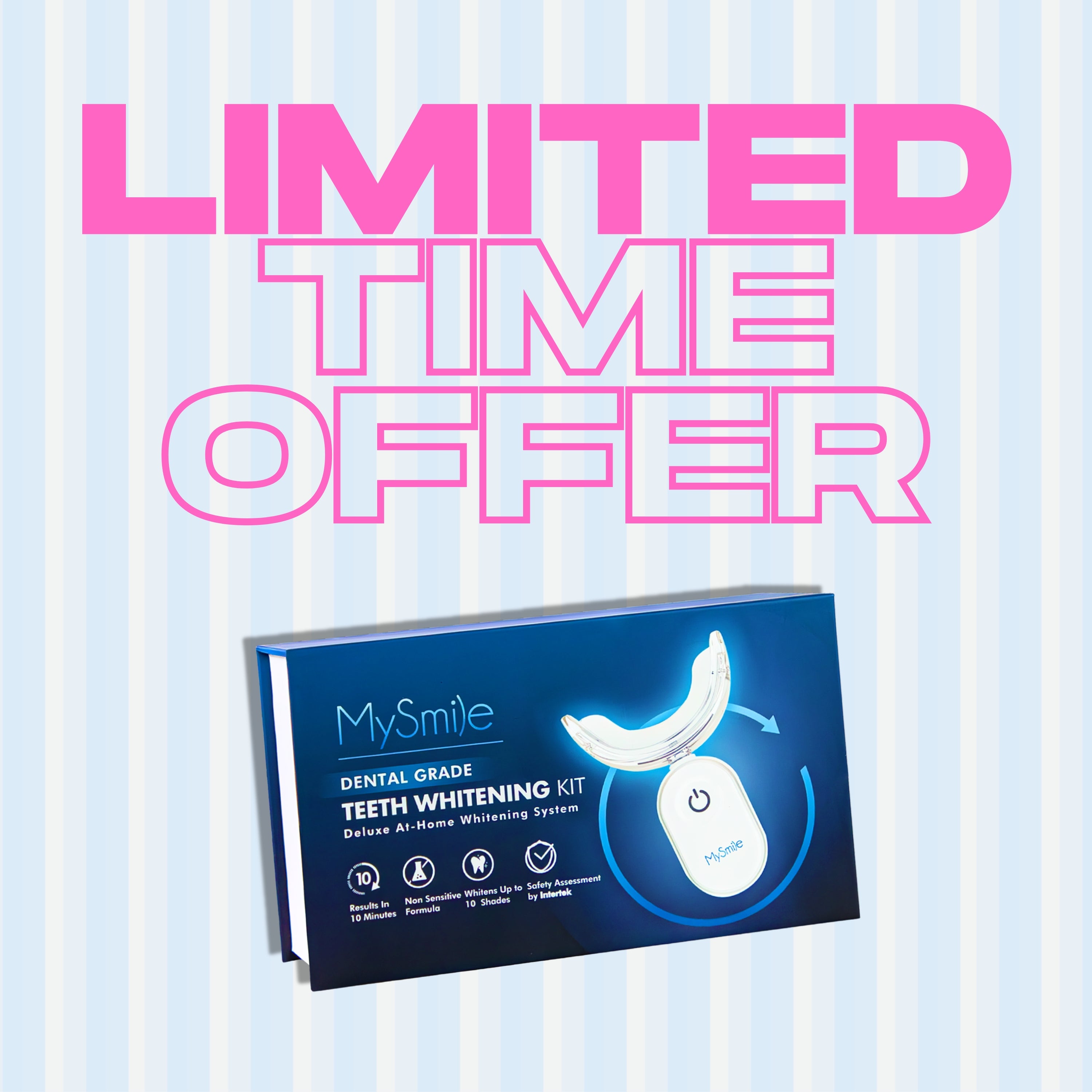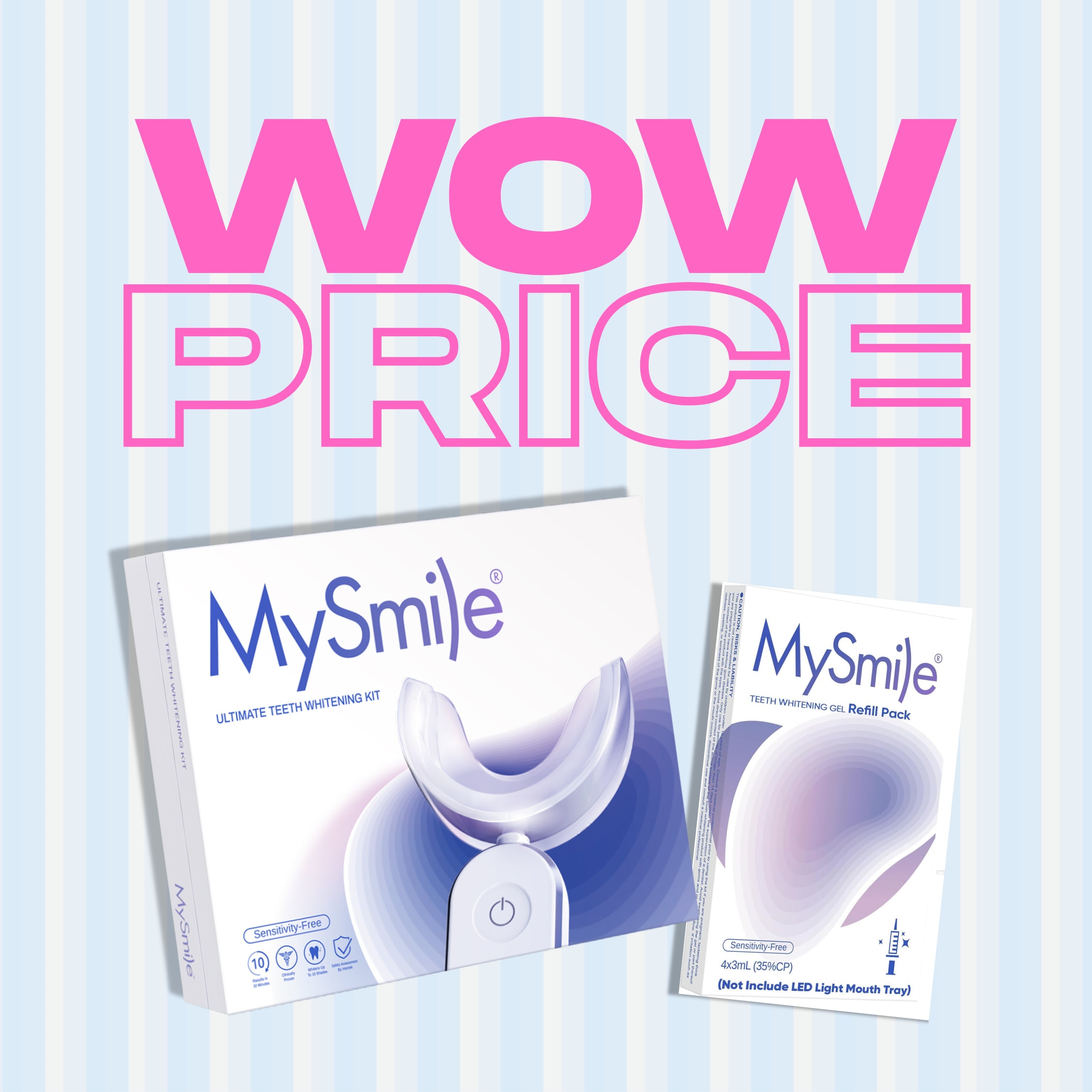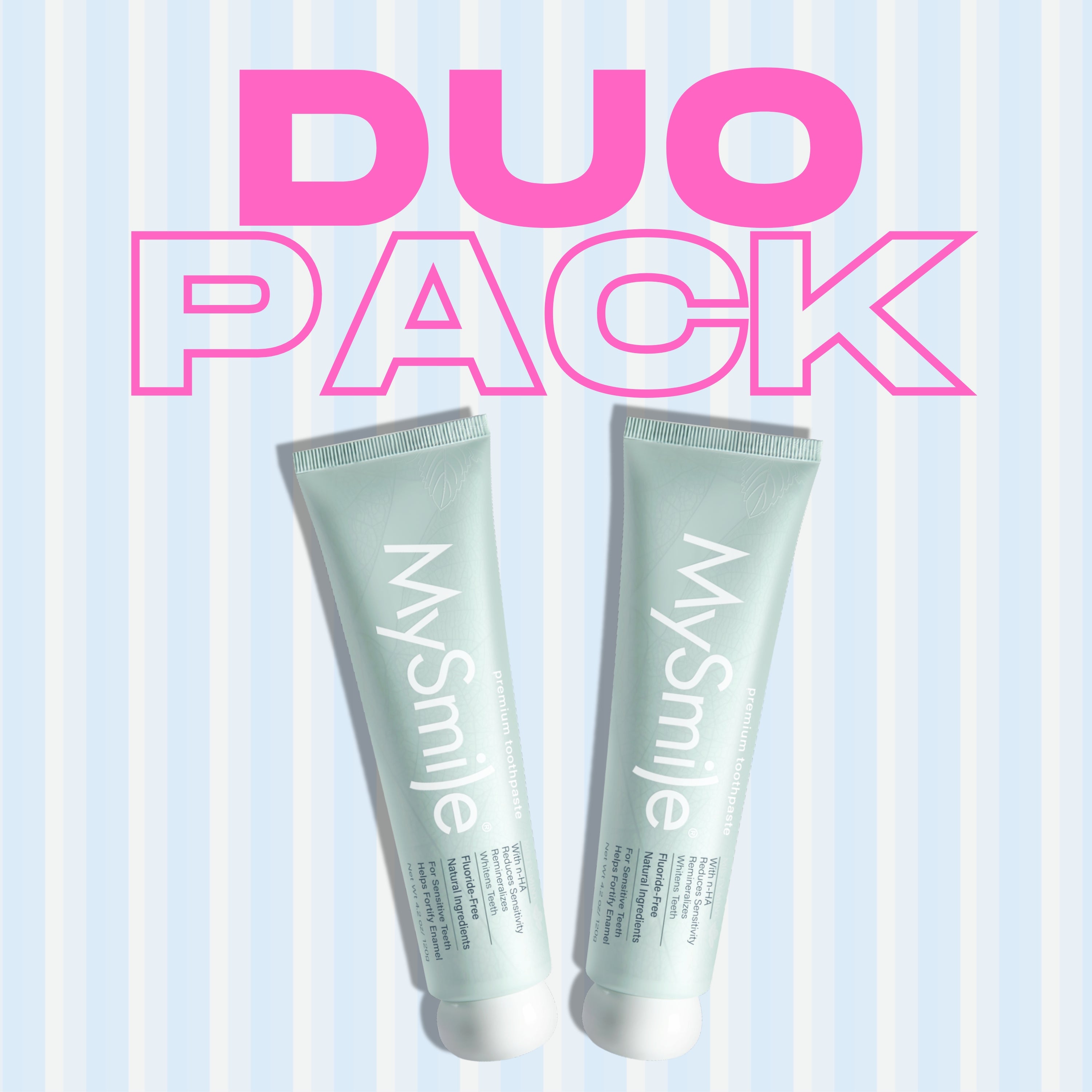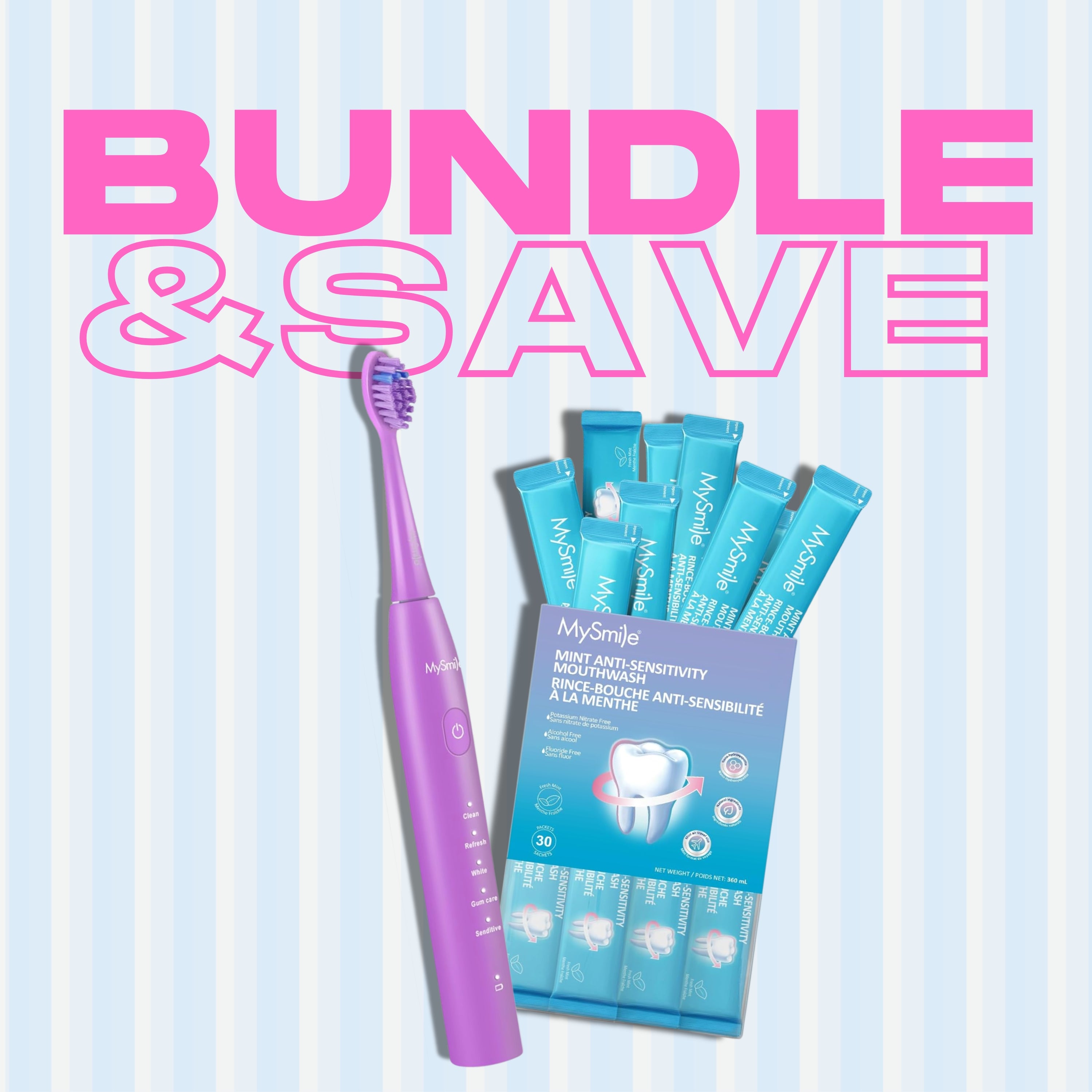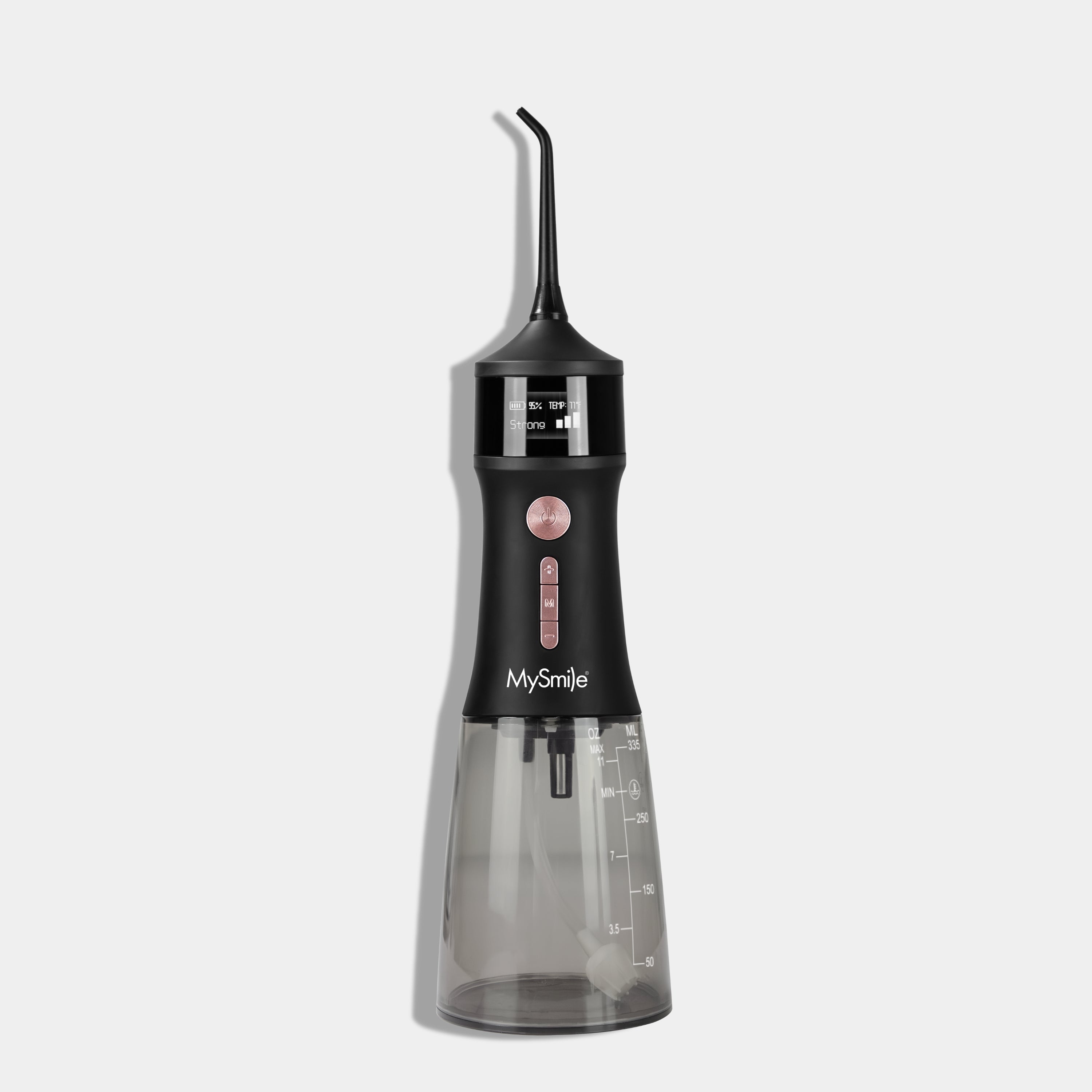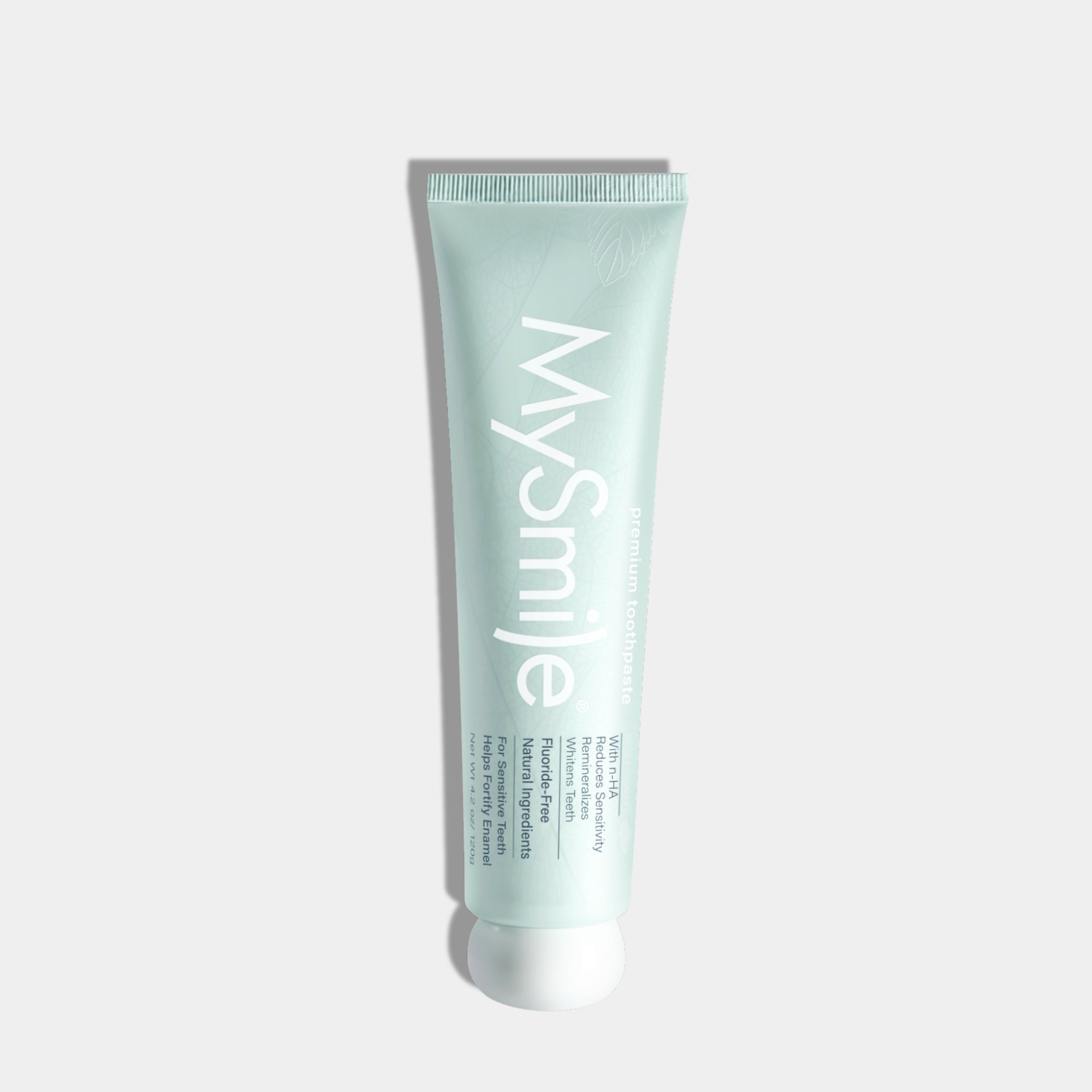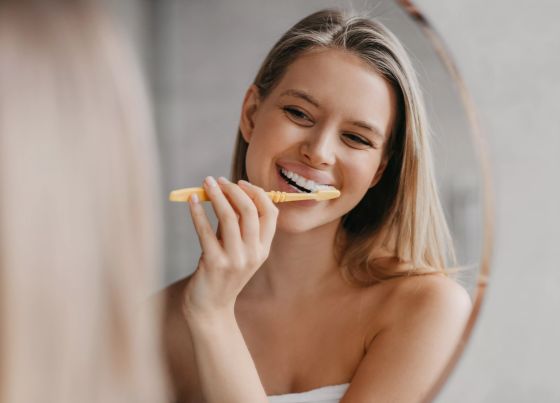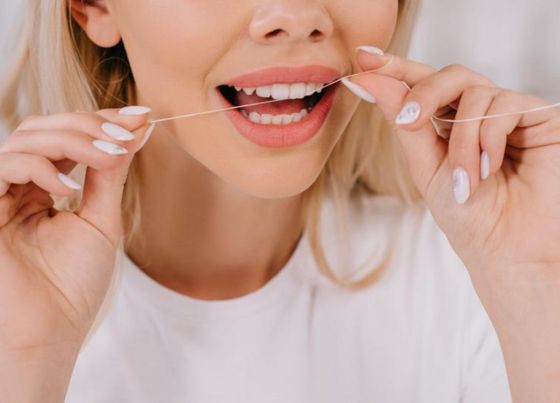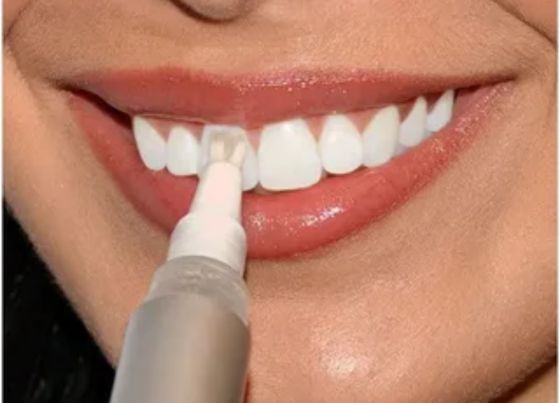We all follow a brushing and flossing routine for our oral hygiene from childhood. But who knows, we might need Tips for brushing teeth to get better results. Surprised? Experts derived some effective hacks that benefit your brushing and flossing routine, giving you sparkling teeth and excellent oral health.
These tips are verified by dental professionals, making them value-added habits that can improve your health. Incorporating these simple yet powerful techniques can enhance your daily oral care. Let's explore these expert-approved tips for a brighter, healthier smile!
What Are The Tips For Brushing Teeth?
Since brushing and flossing teeth are common, they often make mistakes. These minor mistakes can cause the buildup of plaque, debris, and cavities. Such problems can only be rectified by expensive dental procedures. So here are some Toothbrushing Tips that will help you maintain your teeth health without facing problems for a long time.
Start with the Right Type of Toothbrush
Choosing the perfect toothbrush is the first step in effective brushing. There are two primary options: manual and electric toothbrushes. Electric toothbrushes are more popular because they remove more plaque and reduce gum disease. If you want to explore more types, numerous teeth brushing products are available on the market, claiming to be perfect for teeth health.
Use an Electric Toothbrush for Better Results
Studies have shown that electric toothbrushes help maintain healthier gums, prevent tooth decay, and preserve tooth integrity longer than manual brushes. They also prevent aggressive brushing, which can lead to gum recession. An electric toothbrush might be the best option if you have braces or sensitive gums.

Master the Right Brushing Technique
Using the right technique is just as important as brushing itself. Hold your toothbrush at a precise 45-degree angle to your gums and use circular, gentle motions. Don’t scrub back and forth, as this can wear down enamel. To everyone's surprise, there is a right way on how to brush your teeth in the correct manner. This method cleanses more without damaging the enamel of your teeth.
Avoid Hard Bristles
It's a common myth that hard bristles are more effective than soft ones. Actually, it is the other way around! Stiff bristles can damage enamel and irritate gums. Instead, choose a soft or extra-soft bristle toothbrush to clean effectively without causing harm. These are the top tips for brushing teeth at home. Invest in high-quality manual or electronic toothbrushes to get the desired results.
Apply Gentle Pressure
Brushing too hard or aggressively can wear down enamel and make your gums recede. Instead, let your toothbrush do most of the work. If you use a manual toothbrush, hold it with your fingertips instead of gripping it tightly. An electric toothbrush with a specialized pressure sensor can help prevent excessive force while brushing.

Brush Twice a Day
The importance of brushing teeth two times a day cannot be overstated. The American Dental Association (ADA) recommends brushing twice daily for two minutes every time using a high-quality fluoride toothpaste. Never skip brushing before bedtime, as plaque and bacteria build up overnight.
Replace Your Toothbrush Regularly
A worn-out toothbrush will not effectively clean. Replace it every three to four months or sooner if the bristles start to fray. If you’ve been sick, changing your toothbrush can prevent reinfection. Doctors especially emphasize replacing your toothbrush regularly when describing tips for brushing your teeth.
Use Fluoride Toothpaste
Fluoride helps strengthen enamel and prevent cavities. If you prefer a fluoride-free option, toothpaste containing hydroxyapatite is a good alternative that can help rebuild lost enamel. Choose a toothpaste that suits your dental needs.

Follow the 333 Rule for Brushing Teeth
You may have heard of the 333 rule for brushing teeth. It suggests brushing for three minutes three times a day, using three different brushing techniques. While the ADA normally recommends brushing twice a day for two minutes, the 333 rule can serve as a helpful reminder for thorough cleaning, especially after meals.
Wait to Brush After Eating Acidic Foods
Acidic foods and drinks, like citrus fruits, caffeine, alcohol, and soda, can weaken enamel. To prevent damage, wait at least 30 minutes before brushing. Instead, rinse your mouth with clean water after consuming any acidic foods.
Avoid Overbrushing
Interestingly, if you brush your teeth more than three times a day, it can cause enamel erosion and gum recession. Stick to brushing twice a day, and if you need a midday refresh, rinse with water or use sugar-free gum. If you are wondering how long should you brush your teeth? The standard time is 2 minutes or 30 seconds for each section.

Don’t Rinse After Brushing
After brushing your teeth, spit out excess toothpaste, but avoid rinsing. This allows fluoride or hydroxyapatite in the toothpaste to stay on your teeth longer, strengthening enamel and preventing cavities.
Always Floss Before Brushing
Flossing removes plaque, debris, and food particles from between your teeth, making brushing more effective. The ADA recommends flossing at least once a day. If you’re unsure whether to floss before or after brushing, flossing first helps loosen debris for better cleaning.
Bottom Line
These simple Tips for brushing teeth can make a considerable difference in your overall oral health. You will get fewer cavities fewer risks of gingivitis and other tooth problems, and your smile will remain sparkly and pleasant for a long time. In addition to these tips, visit your dentist regularly to make sure everything is in its perfect shape. A small change in your routine can keep your smile bright and healthy for years to come!
Along with these brushing tips, you can use MySmile Teeth Whitening Products to achieve an alluring smile and healthy teeth. We are dedicated to excellence with each of our products, so you can see the results in the ideal time frame. Order now to yield that sparkly confidence in your teeth!

